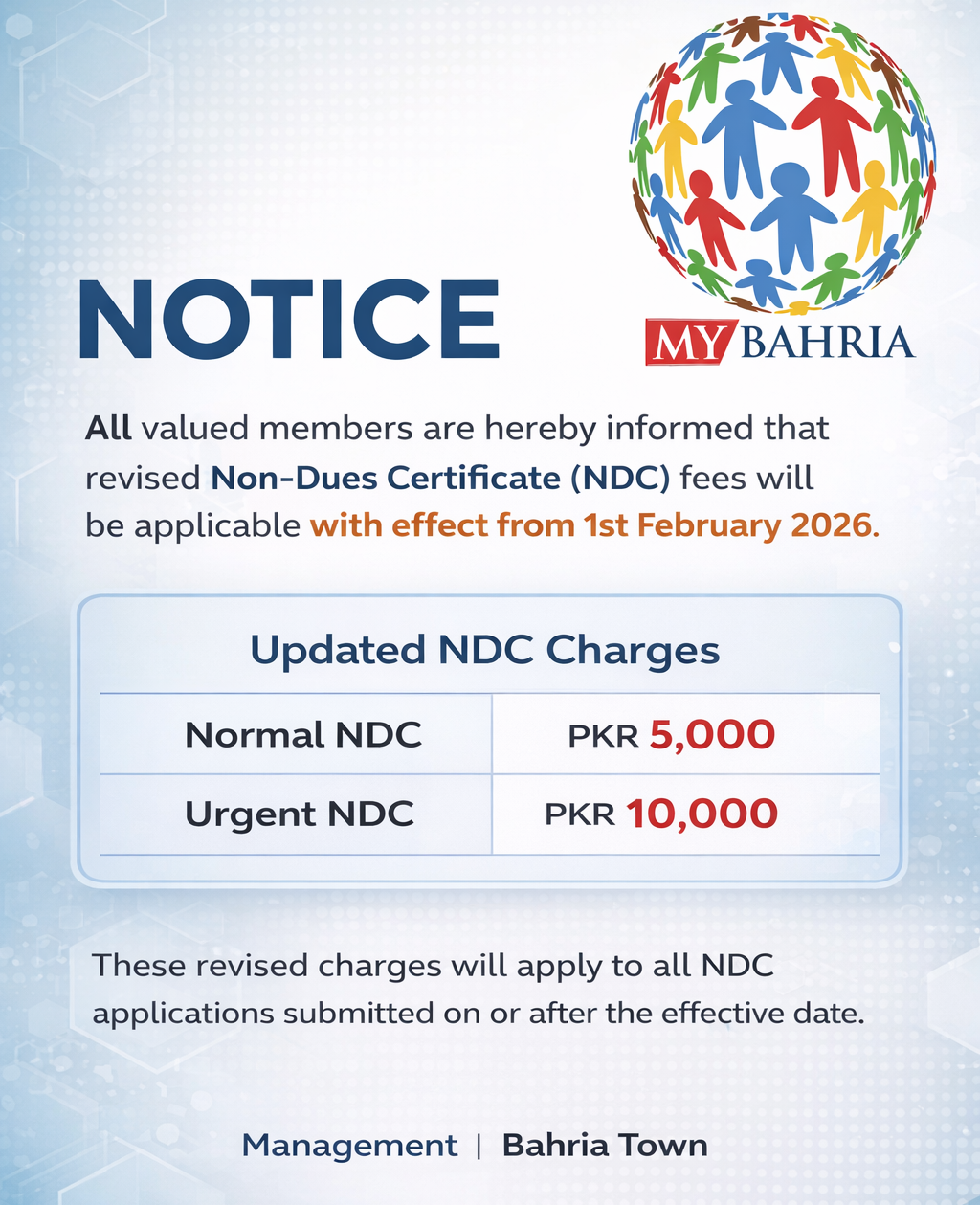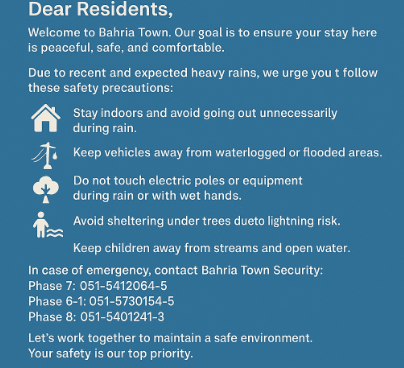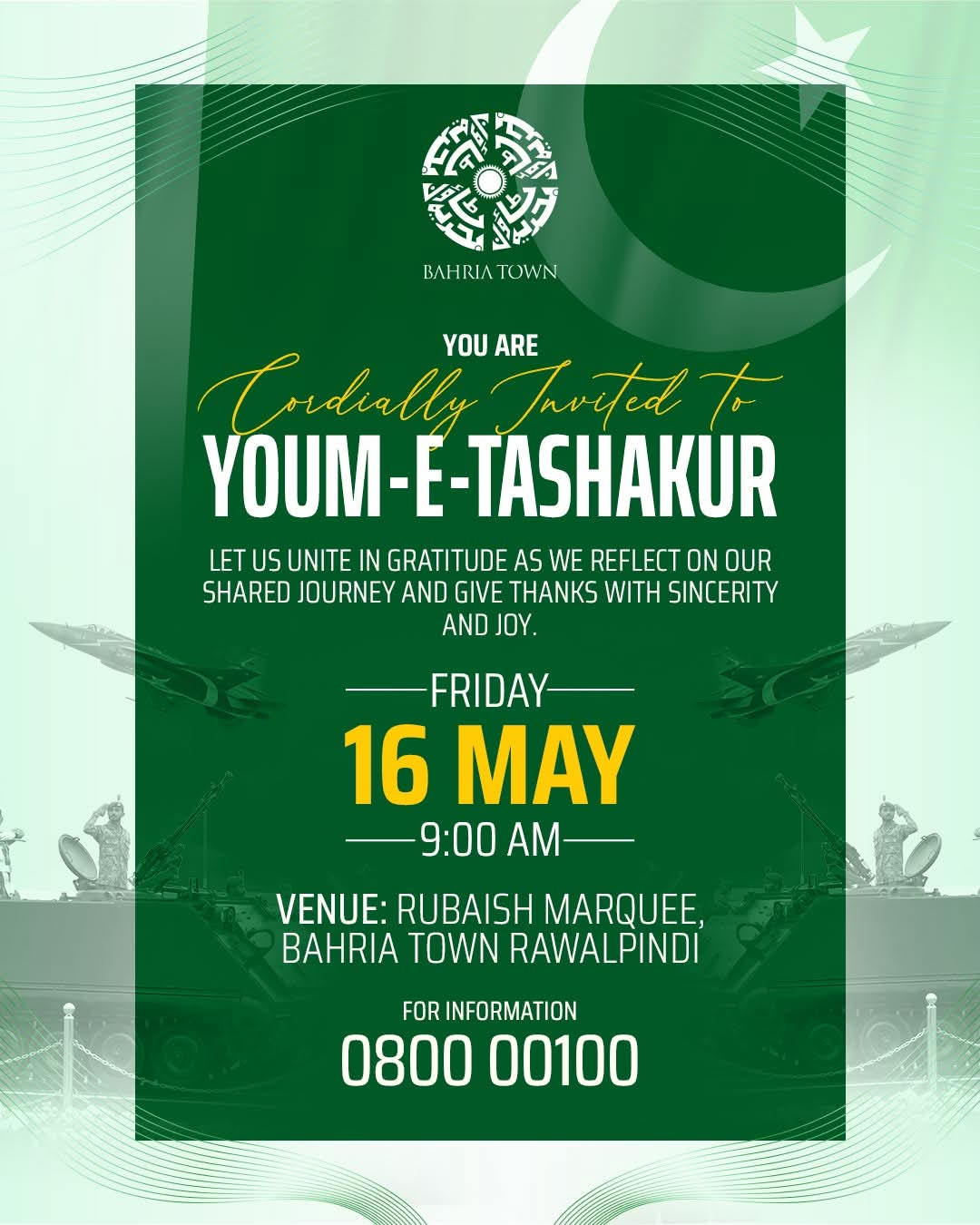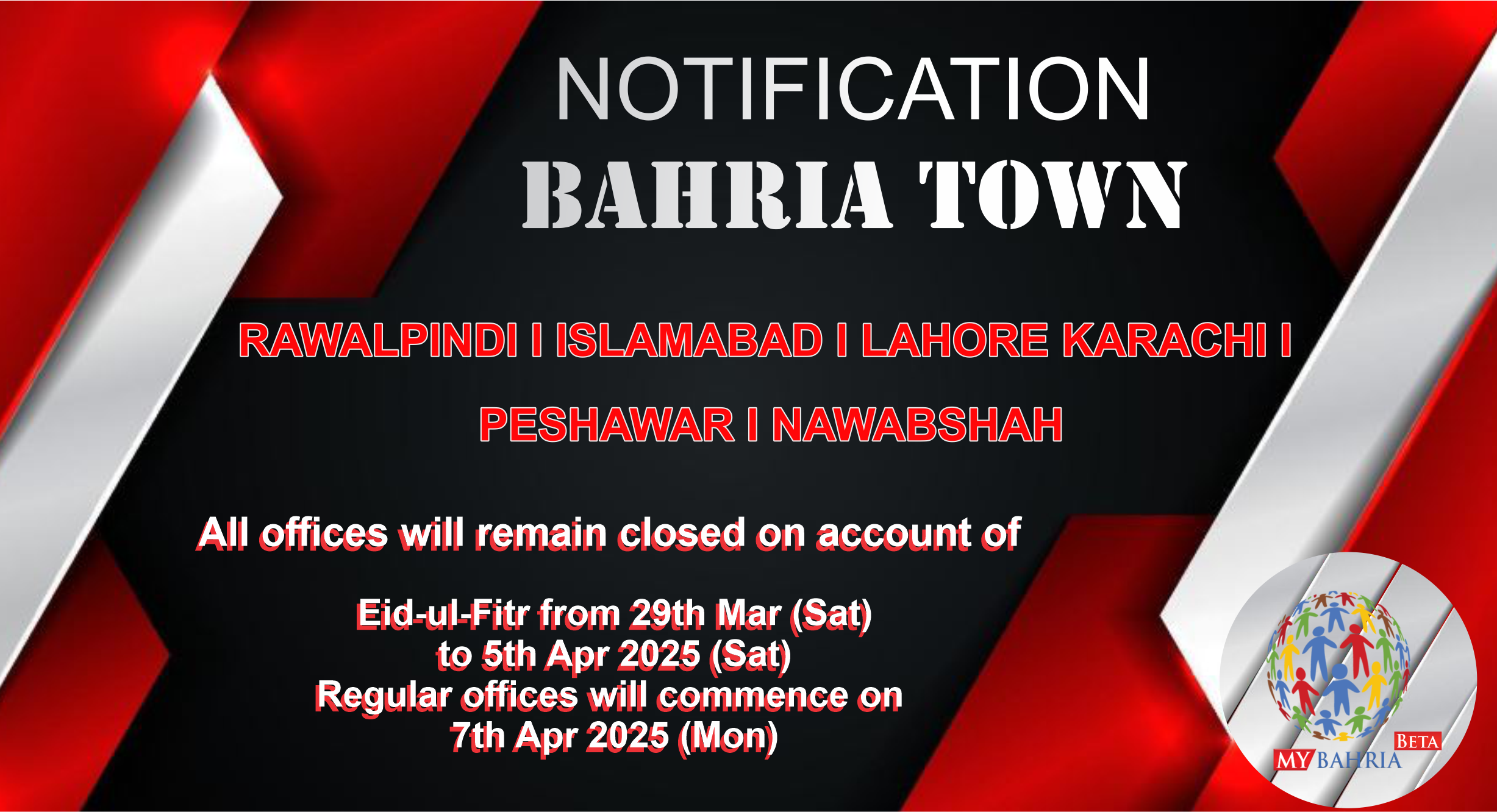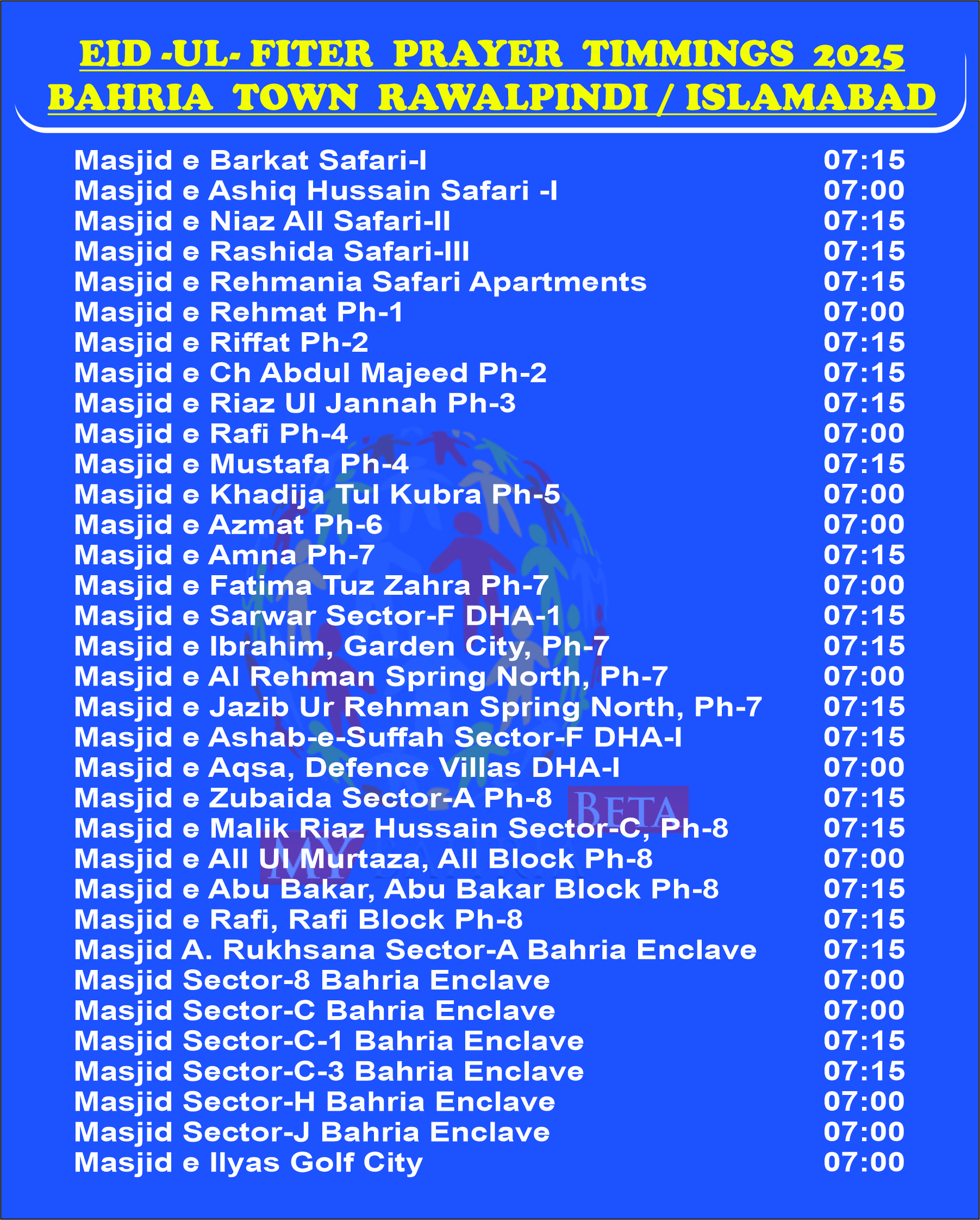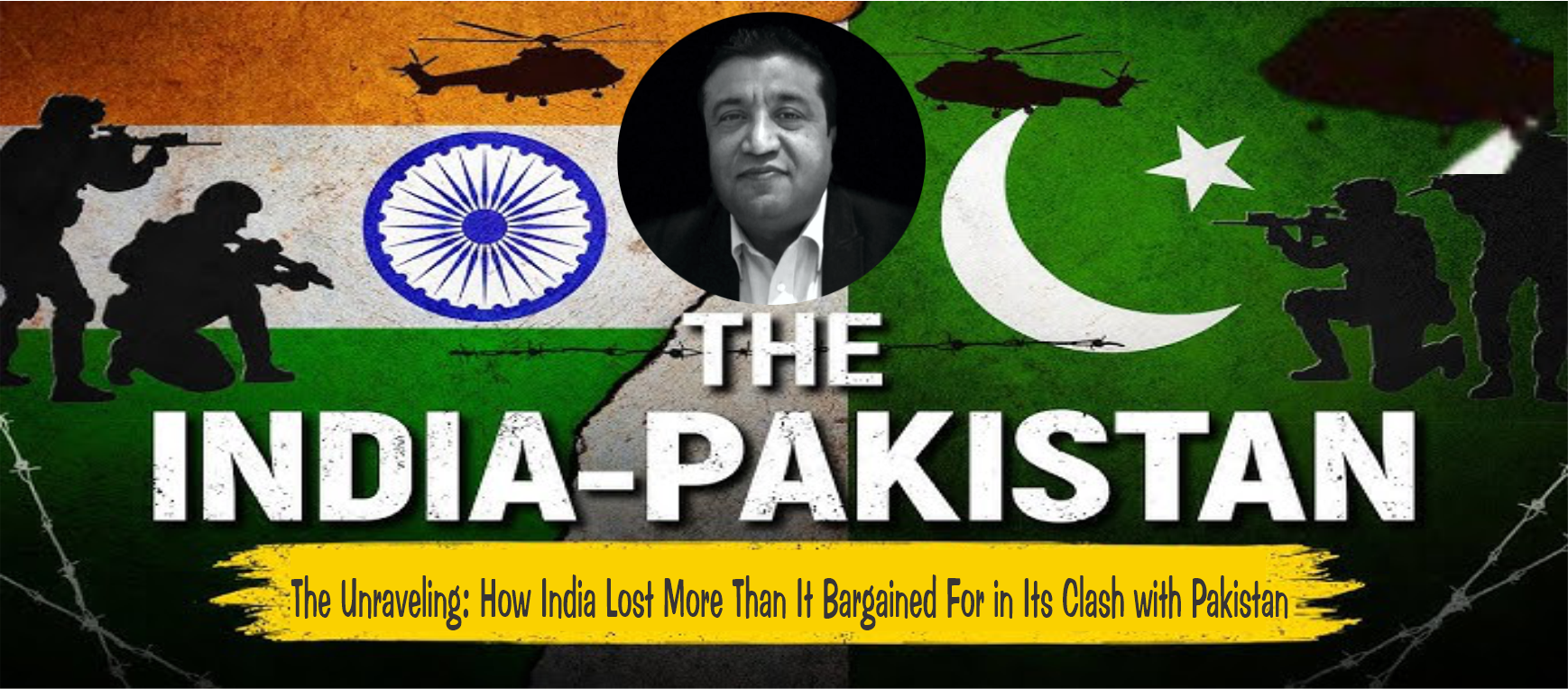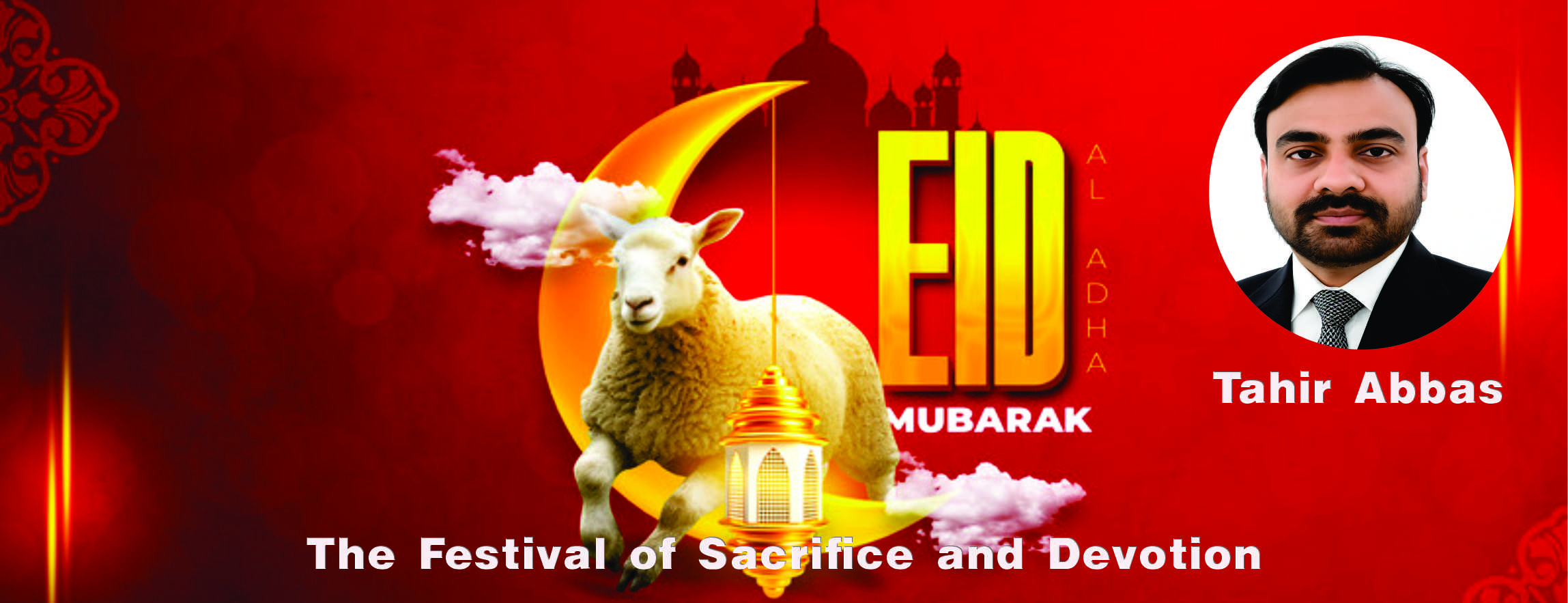
Eid ul-Adha, also known as the *Festival of Sacrifice*, is one of the most significant Islamic holidays celebrated by Muslims across the globe. It honors the unwavering faith and obedience of Prophet Ibrahim (Abraham) to Allah (God), and commemorates his willingness to sacrifice his son Ismail (Ishmael) as an act of devotion. It is a time of reflection, gratitude, and community.
The origin of Eid ul-Adha lies in the Qur'anic story of Prophet Ibrahim. According to Islamic belief, Ibrahim had a vision in which Allah commanded him to sacrifice his beloved son Ismail. Despite the emotional pain, he submitted to God’s will. However, just as he was about to carry out the sacrifice, Allah intervened and provided a ram to be sacrificed instead. This profound act of faith is the foundation of Eid ul-Adha.
Eid ul-Adha falls on the 10th day of **Dhul-Hijjah**, the final month of the Islamic lunar calendar. It coincides with the culmination of **Hajj**, the annual pilgrimage to Mecca, which is one of the five pillars of Islam. The festival lasts for three to four days, depending on regional customs and moon sightings.
On the morning of Eid, Muslims gather at mosques or open grounds for a special congregational prayer. The sermon that follows emphasizes the themes of sacrifice, compassion, and devotion.
One of the central rituals of Eid ul-Adha is the sacrifice of an animal—commonly a goat, sheep, cow, or camel—as a symbolic act of obedience to God. The meat is then divided into three parts:
* One-third for the family
* One-third for relatives and friends
* One-third for the poor and needy
This act reinforces the importance of sharing and caring for the less fortunate.
Eid ul-Adha is a time for generosity. In addition to Qurbani, Muslims are encouraged to give to charity, support humanitarian causes, and help those in need.
Families come together to share meals and celebrate. Traditional dishes vary by region but often include savory meats, rice dishes, sweets, and desserts.
While the outward celebrations are joyful and festive, the essence of Eid ul-Adha is deeply spiritual. It is a reminder of the virtues of:
Submission to God’s will
Self-sacrifice and discipline
Empathy for those less fortunate
It invites Muslims to reflect on their own lives and to renew their commitment to their faith and values.
From Indonesia to Turkey, Nigeria to the United States, Eid ul-Adha is celebrated by diverse Muslim communities worldwide. Though customs may vary, the core message remains the same—faith, sacrifice, and compassion.
Eid ul-Adha is more than just a religious holiday—it's a moment to come together as a community, to express gratitude, and to reaffirm the principles of generosity and faith. In a world that often feels divided, Eid ul-Adha reminds us of our shared humanity and the enduring power of faith and sacrifice.
Eid Mubarak! May this Eid bring peace, prosperity, and spiritual growth to all.
